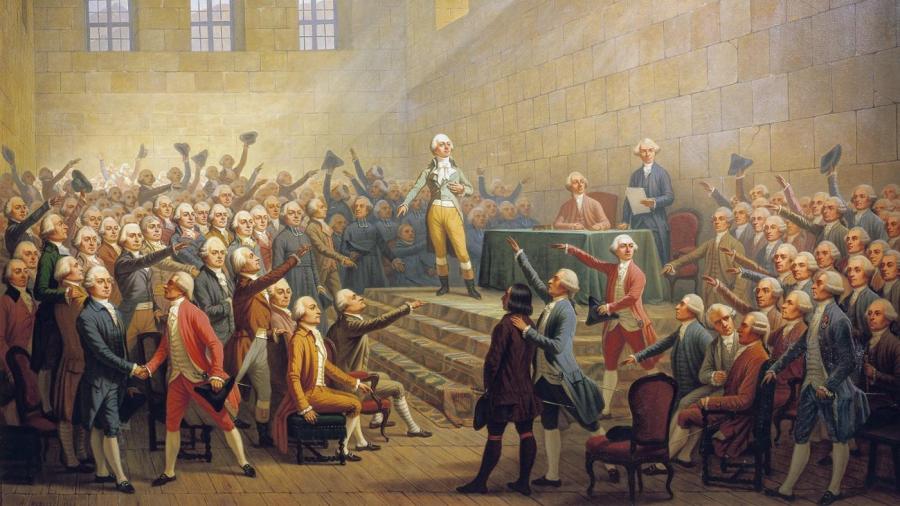How Did the French Revolution End?

There are a few different dates and events that represent the end of the French Revolution. The most common one is the approval of a new constitution in 1795.
Many historical events do not have clear-cut endings, and the French Revolution is a prime example. The new constitution and government were filled with issues, such as financial stability, corruption and inefficiency. Because of this, there are a few other key dates and reasons for the end of the French Revolution. In 1799, a protest and military coup put Napoleon Bonaparte, Jean Jacques Régis de Cambacérès, and Charles-François Lebrun in charge as consuls, replacing the previous government system.
Napoleon was made consul for life in 1802, and by 1804, he was named emperor. During his time, he initiated reforms that greatly improved how the government ran. His official induction as consul is often cited as one of the major reasons the French Revolution ended, as it marks the beginning of the Napoleonic era of French History. Due to Napoleon’s large role in ending the French Revolution, some historians include the wars he fought in the time line of the Revolution. However, by the end of Napoleon’s rule, the country was again a monarchy, returning the government to the same form it had prior to the Revolution.





